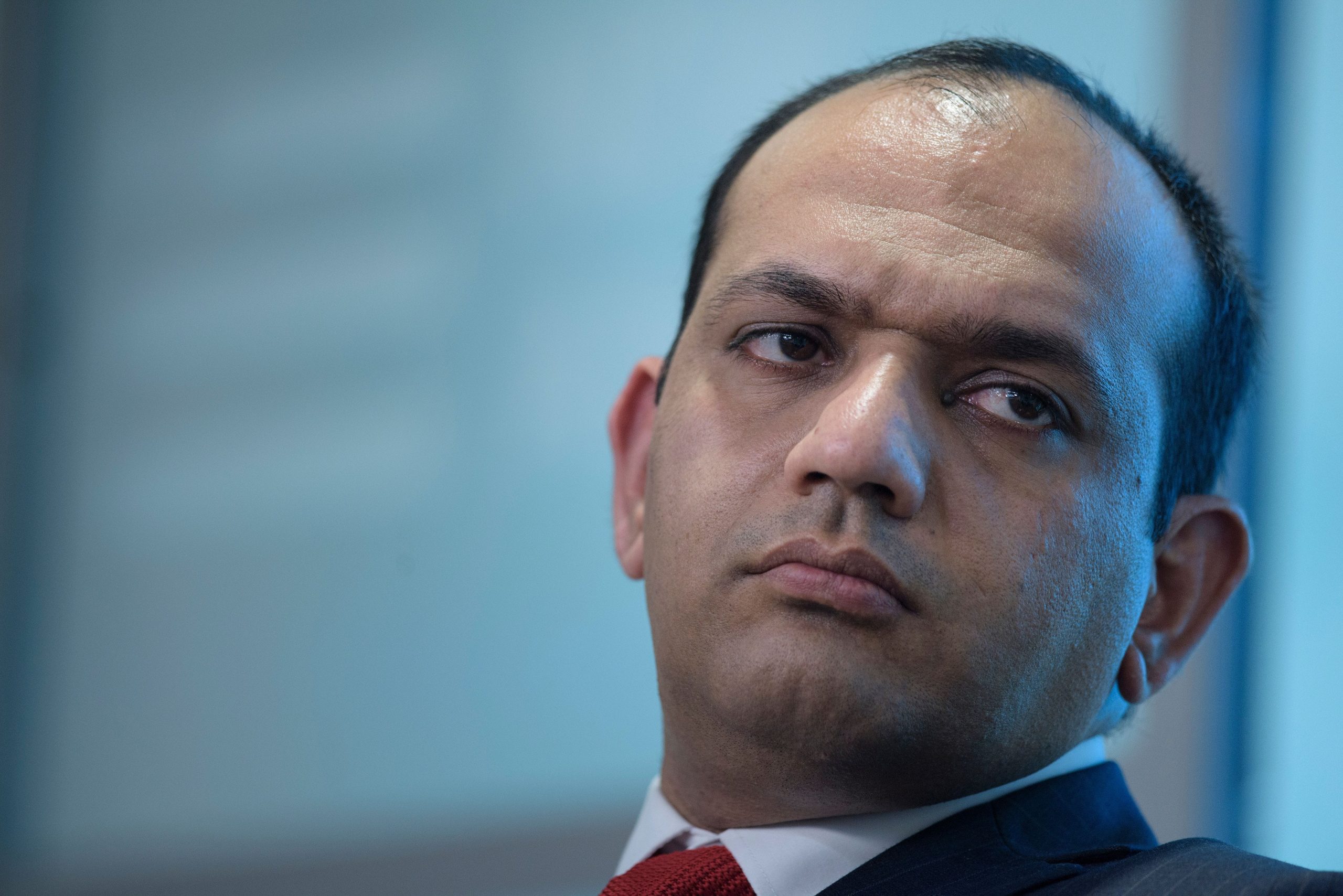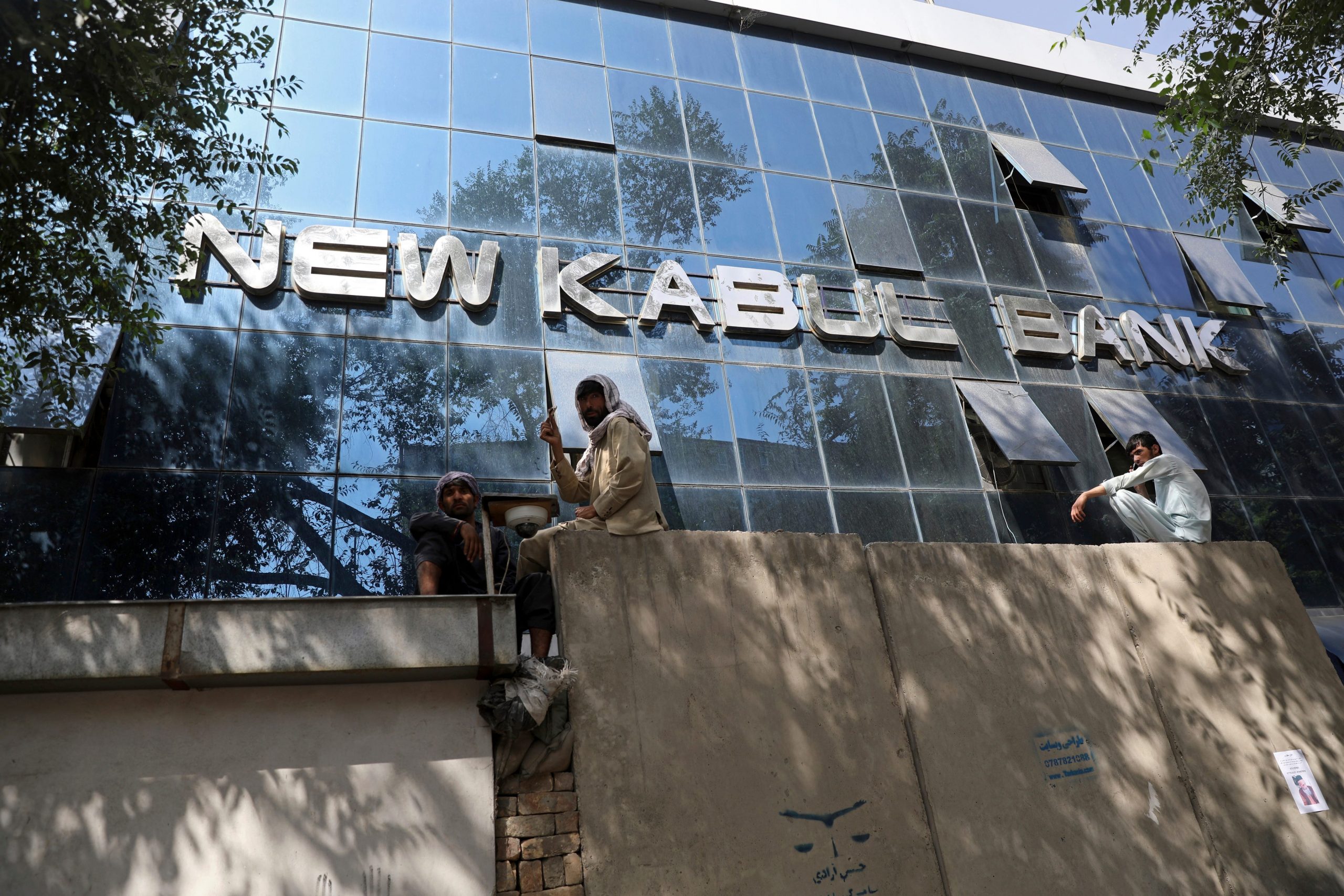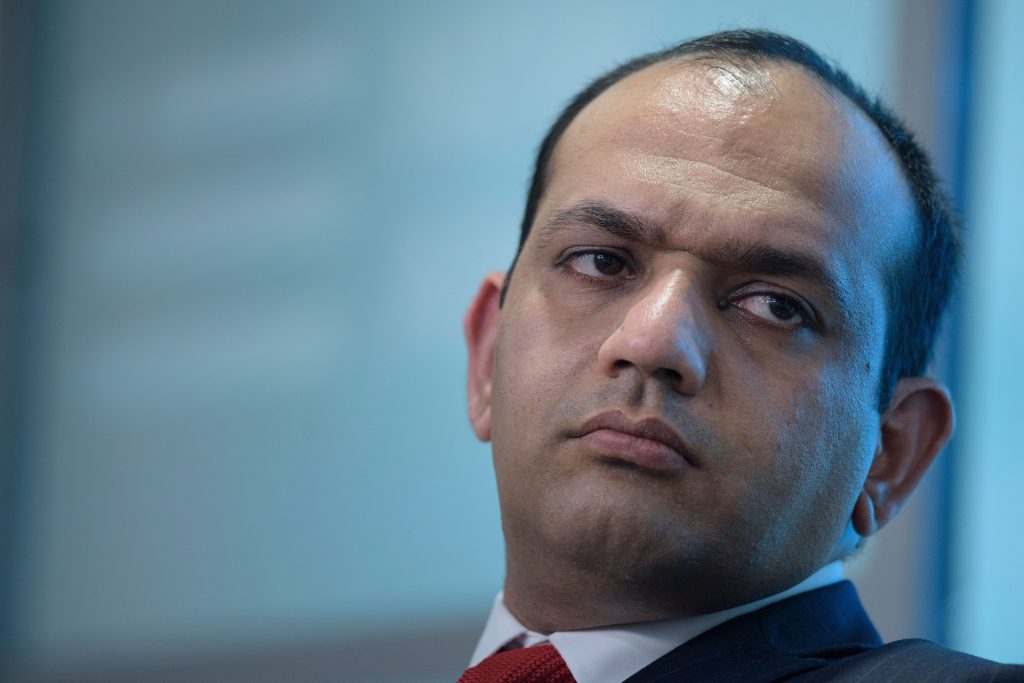
Brendan Smialowski/AFP via Getty Images
- A former Afghan finance chief said the country's economy is "on a freeze" with an uncertain future.
- "Right now, the situation looks really, really bad," Khalid Payenda said this week.
- Payenda, who resigned August 10 and fled the country, spoke at Georgetown University.
- See more stories on Insider's business page.
The most recent acting Afghan finance minister said his country's economy was perhaps days from a meltdown, with the Afghan currency poised for rapid devaluation.
The speed at which the Afghan government collapsed "shocked everyone," Khalid Payenda said this week during a talk at Georgetown University.
Payenda on August 10 resigned as acting finance minister, exiting a few days before the country's government essentially broke down.
He said he submitted his resignation, but didn't hear from President Ashraf Ghani for three days, so he packed his bags and left. Ghani on August 15 fled the country.
The country's economy grew from 2001 to 2012 at an average rate of about 10% each year, Payenda said. But that growth came to a screeching halt, basically dropping to zero for the last few years, he said. The World Bank said the country's economy contracted by 1.9% in 2020
"Right now, the situation looks really, really bad," Payenda said. "It's on a freeze, because everything has collapsed, the banks have closed, you don't know the extent of it."
In the last few weeks, Afghanistan's currency has slipped in value, falling about 10% versus the US dollar. In the week after the Taliban took control, it slipped from about 79 afghanis per dollar to 86 afghanis per dollar.
"But it's because most of these banks and money providers are closed," Payenda said. "Maybe it will shoot up to 200 per dollar in a week or two."

Rahmat Gul/AP Photo
After the Taliban took control of the country, they installed their own finance minister, Gul Agha Ishakzai, Reuters reported.
Ishakzai formerly led the Taliban's financial commission, according to the UN, which added him in 2010 to the list of people and groups who could face economic sanctions.
The UN Security Council said in a bulletin that Ishakzai had traveled abroad to buy weapons, been involved with collecting money for suicide attacks, and helped create new taxes for the Taliban.
About half of the country's federal budget comes from outside aid organizations and foreign governments. As the Taliban took over, the World Bank paused its aid to the country.
The International Monetary Fund likewise said the country couldn't access millions while there was a "lack of clarity" over whether the Taliban government would be recognized by the international community.
"It's going to be impossible" without foreign aid, Payenda said this week. Other officials have said the country's economy may be weeks from collapse.
Payenda added: "Even if you have the people and the staff, but the funding is stopped by the World Bank ... how are you going to pay? It looks really difficult."
The Taliban was also reportedly unable to get its hands on about $10 billion in central bank reserves because most of the funds were held in New York.
"Giving full access to the reserves would be catastrophic," Payenda said. "You are dealing with a terrorist organization which still deals with Al Qaeda and others." Having that much money at their disposal is not good for the US or global security, he added.
